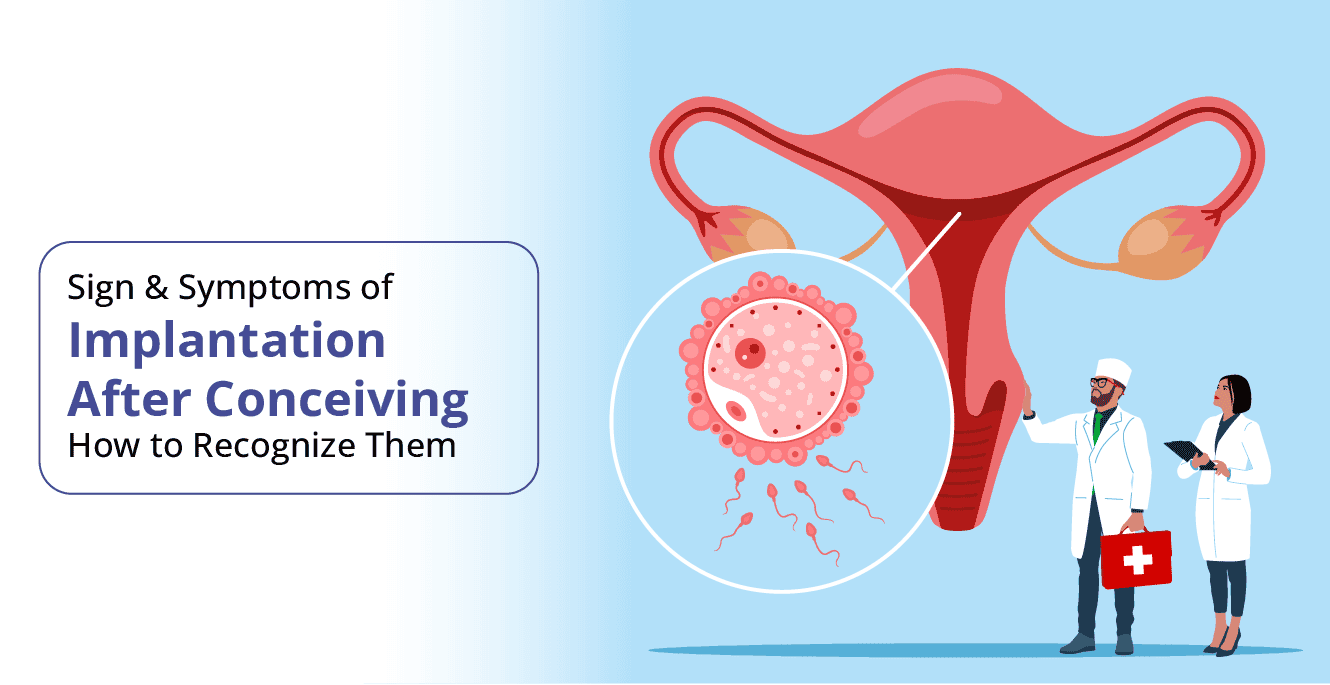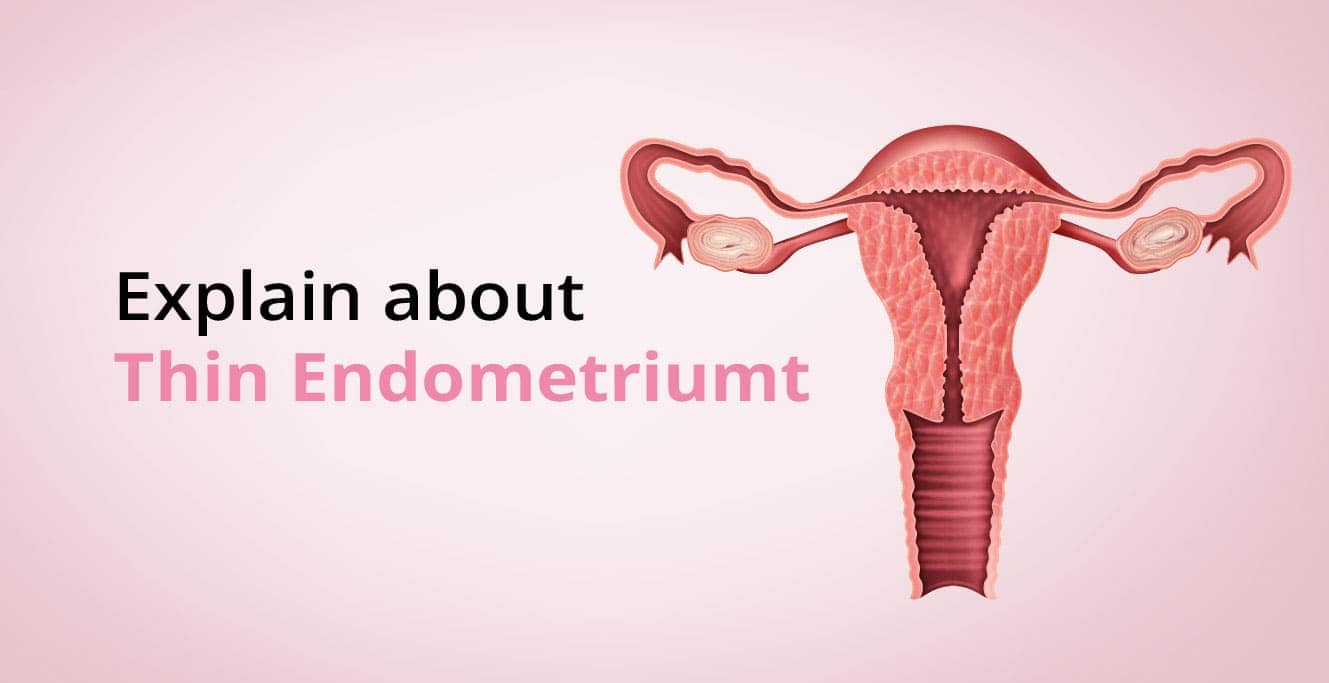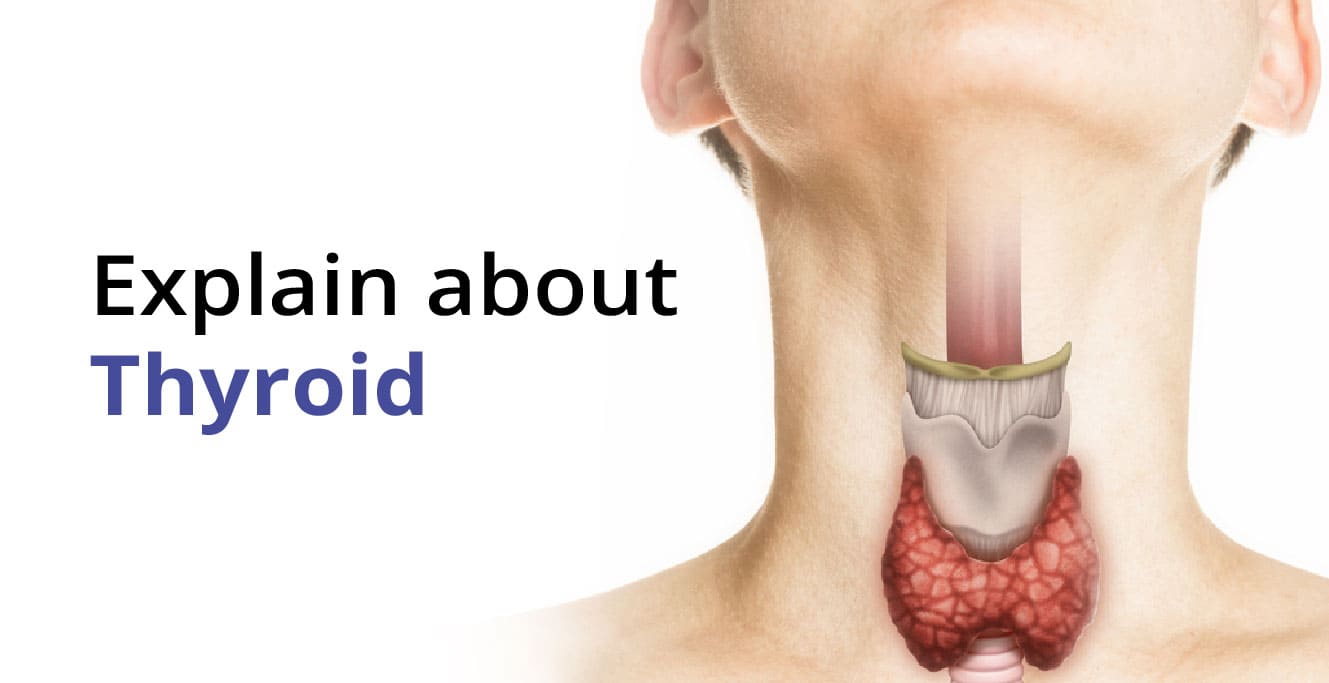How to Conceive: All You need To Know
- Published on August 26, 2022

Having a baby is a dream millions of couples harbour. While some couples can conceive a baby easily, it might take other couples some time. Many couples are looking to start a family, while several others are planning to grow their family by having another baby.
If you have been trying to conceive without success for more than a year, it is natural to feel concerned. However, there is no reason to worry as there are several steps you can take to help increase your chances of conceiving.
Table of Contents
What is conception?
Conception occurs when sperm from a fertile man travels through the vagina, enters a woman’s uterus, and fertilizes an egg in the fallopian tube.
The fertilized egg starts multiplying into many cells and travels through the fallopian tube to the uterus. The egg attaches itself to the uterus’s lining and continues to develop further.
This process is known as conception.
Most conceptions happen 12–24 hours after ovulation, so if you are trying to conceive, it is important to track your ovulation.
How to predict ovulation?
Ovulation is a phase in the menstrual cycle wherein an egg (ovum) is released from a woman’s ovary. Each month, a set of eggs grows in small, fluid-filled sacs (follicles) inside your ovaries.
Around two weeks before your next menstrual period, one of these eggs erupts from the follicle, leading to ovulation.
If you have a 28-day menstrual cycle, you will ovulate on about day 14. However, the length of the menstrual cycle may differ from woman to woman, and many don’t have a perfect 28-day menstrual cycle.
In such cases, there would be a difference in the time between ovulation and the beginning of the next period.
You can maintain a menstrual calendar to determine the length and midpoint of your cycle. Having sex a few days before and on the day of ovulation can improve your chances of getting pregnant.
Besides tracking your menstrual cycle, you can also look out for these signs of ovulation:
- Slight rise in basal body temperature (can be measured by a thermometer)
- Clear, thin, and stretchy vaginal discharge
- Higher levels of luteinizing hormone (LH) (can be measured on a home ovulation kit)
- Bloating
- Breast tenderness
- Light spotting
- Mild abdominal cramps
How to conceive fast: tips to maximize fertility
If you are wondering how to increase the chances of conceiving and how to conceive a baby fast, then here are a few tips for maximizing fertility.
1. Schedule a preconception check-up
If you want to conceive, first schedule a preconception check-up with your doctor before you start trying. Your doctor may prescribe prenatal vitamins, including folic acid, which are required during the early stages of pregnancy.
A preconception check-up also helps to diagnose any underlying medical issues that need to be resolved before getting pregnant.
2. Understand your menstrual cycle
Understanding your menstrual cycle and tracking your periods will help determine when you are most fertile. Figuring out when you are ovulating is important if you plan to conceive.
You can also use ovulation kits to help you predict your ovulation time more accurately.
3. Have sex more frequently
Having sex more frequently, especially just before and on the day of your ovulation, will increase your chances of conception. Women who have unprotected sex with a male partner every day or every other day experience high pregnancy rates.
If you don’t wish to have sex daily, have it at least once in two or three days.
4. Remain in bed after sexual intercourse
Stay in bed for 15 to 20 minutes after having sexual intercourse to increase the chances of getting pregnant. This waiting time allows the sperm to travel to the cervix and stay there.
Avoid going to the bathroom immediately after having sex.
5. Lead a healthy life
Focus on eating nutritious food and drinking plenty of water to stay hydrated. Getting adequate exercise and maintaining an ideal weight also help with boosting your fertility.
A word of caution here: over-exercising can wreak havoc with your menstrual cycle and affect your fertility. So, focus on moderate levels of exercise.
6. Maintain a healthy body weight
Your weight can impact your chances of conceiving. Women who are underweight or overweight may face issues in getting pregnant easily.
If you are wondering how to conceive fast, you will have to regulate your body weight if you are underweight or overweight.
Underweight women may not ovulate regularly, which could hinder their pregnancy chances. Overweight women may have excess estrogen in their bodies, leading to complications in conceiving.
7. Plan a baby when you are younger
A woman’s fertility decreases with age. Age-related changes in your ovaries can lead to a decline in the quality and quantity of your eggs. With increasing age, one also becomes more susceptible to health issues like endometriosis and uterine fibroids that can cause a loss of fertility.
If possible, try to plan a baby when you are in your 20s or early 30s.
How to conceive with PCOS?
Polycystic ovarian syndrome (PCOS) is a hormonal disorder that is likely to affect the fertility of a woman. While most women with PCOS who desire to have a baby can conceive, it might take them longer than women who don’t have PCOS.
If you have PCOS and cannot conceive naturally, consult your doctor or a fertility specialist. Many fertility treatment options are available to help you get pregnant if you are experiencing PCOS-related infertility.
How to conceive fast: what to avoid
Here are a few things you should avoid if you wish to conceive.
- Quit smoking
If you smoke, quit smoking before you try to get pregnant. Tobacco can have a negative effect on fertility.
- Don’t drink alcohol
Heavy alcohol consumption may cause a decline in fertility. Avoid alcohol if you are planning to conceive.
- Limit caffeine intake
While small amounts of caffeine don’t affect fertility, it is advised that you avoid drinking more than two cups of coffee a day if you want to conceive.
- Avoid strenuous exercise
While a moderate level of exercise is good for boosting fertility, strenuous exercise can have a detrimental effect on your ability to conceive.
Conclusion
Trying to conceive a baby can be both exciting and challenging for some couples. If you have been trying to get pregnant for over a year without any success, you can consult a fertility specialist to help you in your journey.
To get the best advice regarding cutting-edge fertility treatment options, visit Birla Fertility & IVF Hospital or book an appointment with Dr. Rachita Munjal.
FAQs:
1. What is the fastest way to get pregnant?
Have sex regularly around the time of your ovulation to get pregnant faster. Also, ensure that you take prenatal vitamins and are getting adequate sleep and exercise to optimize your fertility.
2. How do I know if I am ovulating?
You can track your periods or use a home ovulation kit to determine whether you are ovulating. If you have a regular 28-day cycle, then you’d probably ovulate on the 14th day.
3. What are the signs of good fertility?
Having a regular 28-day monthly cycle with a healthy flow is a big sign of good fertility. Being of vibrant health, having good energy, and balanced hormones are also indicators of good fertility.
4. How can I increase my chances of getting pregnant?
You can take prenatal vitamins and have sex regularly during ovulation to increase your chances of getting pregnant. Ensure that you take good care of your physical and mental health and avoid smoking or drinking. Adopt a healthy diet and get adequate exercise.
Related Posts
Written by:
Our Services
Fertility Treatments
Problems with fertility are both emotionally and medically challenging. At Birla Fertility & IVF, we focus on providing you with supportive, personalized care at every step of your journey towards becoming a parent.Male Infertility
Male factor infertility accounts for almost 40%-50% of all infertility cases. Decreased sperm function can be the result of genetic, lifestyle, medical or environmental factors. Fortunately, most causes of male factor infertility can be easily diagnosed and treated.We offer a comprehensive range of sperm retrieval procedures and treatments for couples with male factor infertility or sexual dysfunction.
Donor Services
We offer a comprehensive and supportive donor program to our patients who require donor sperm or donor eggs in their fertility treatments. We are partnered with reliable, government authorised banks to source quality assured donor samples which are carefully matched to you based on blood type and physical characteristics.Fertility Preservation
Whether you have made an active decision to delay parenthood or are about to undergo medical treatments that may affect your reproductive health, we can help you explore options to preserve your fertility for the future.Gynaecological Procedures
Some conditions that impact fertility in women such as blocked fallopian tubes, endometriosis, fibroids, and T-shaped uterus may be treatable with surgery. We offer a range of advanced laparoscopic and hysteroscopic procedures to diagnose and treat these issues.Genetics & Diagnostics
Complete range of basic and advanced fertility investigations to diagnose causes of male and female infertility, making way for personalized treatment plans.Fertility Calculators
Empower your journey to parenthood with our fertility calculators. Accurate, personalized guidance for your fertility goals.






































